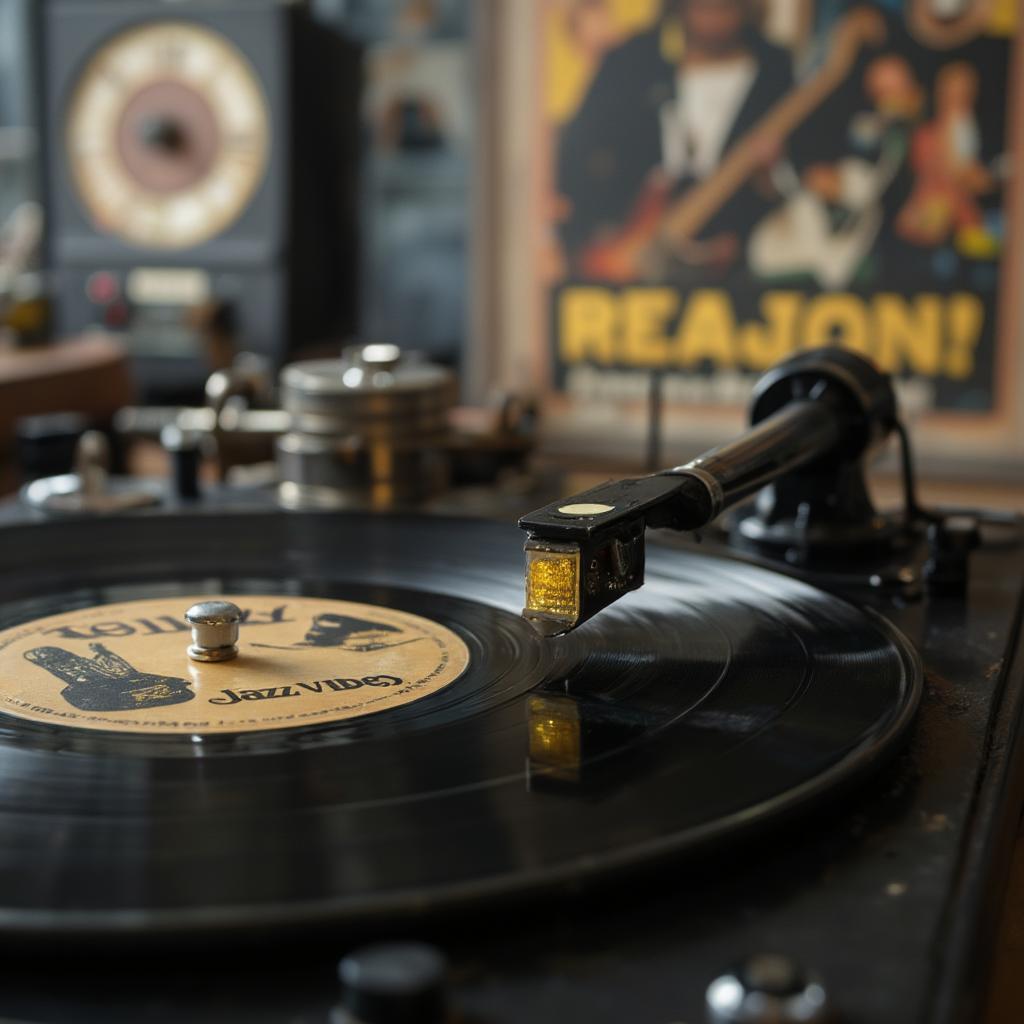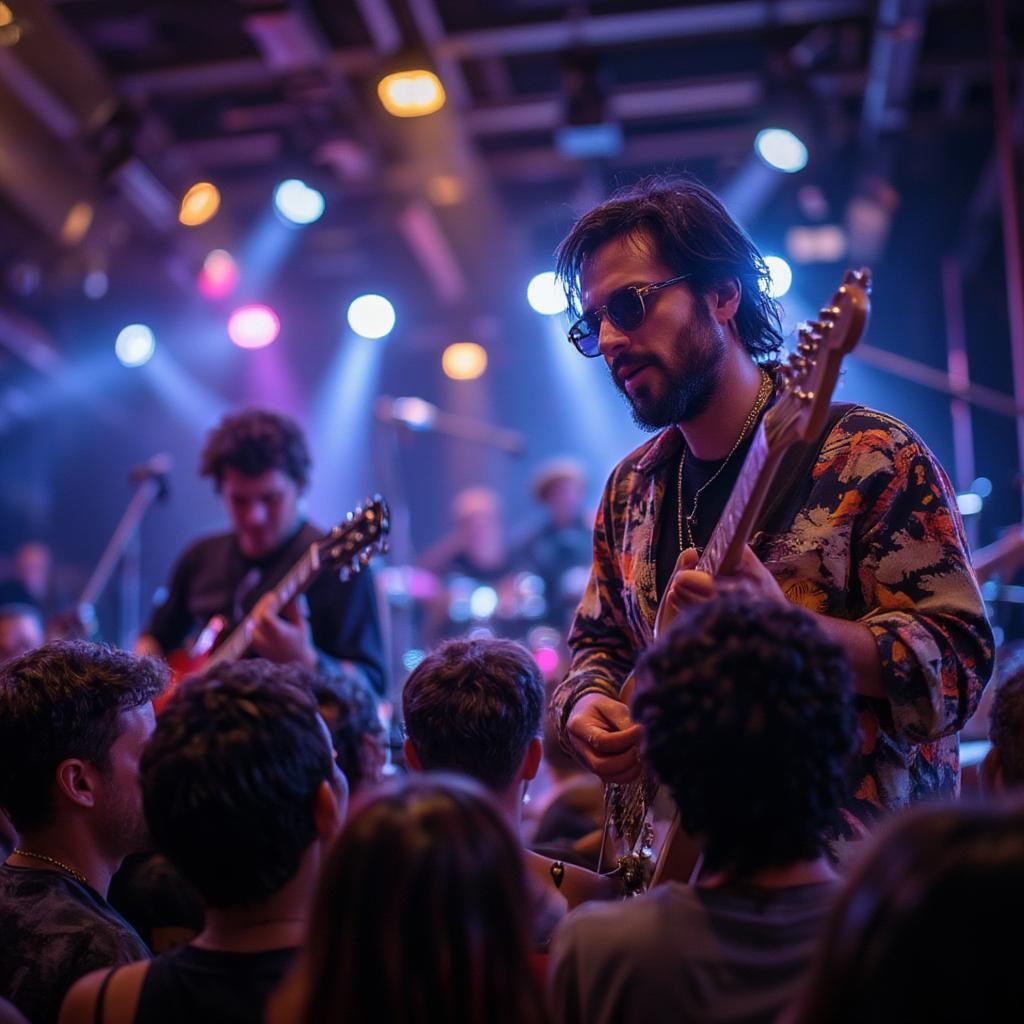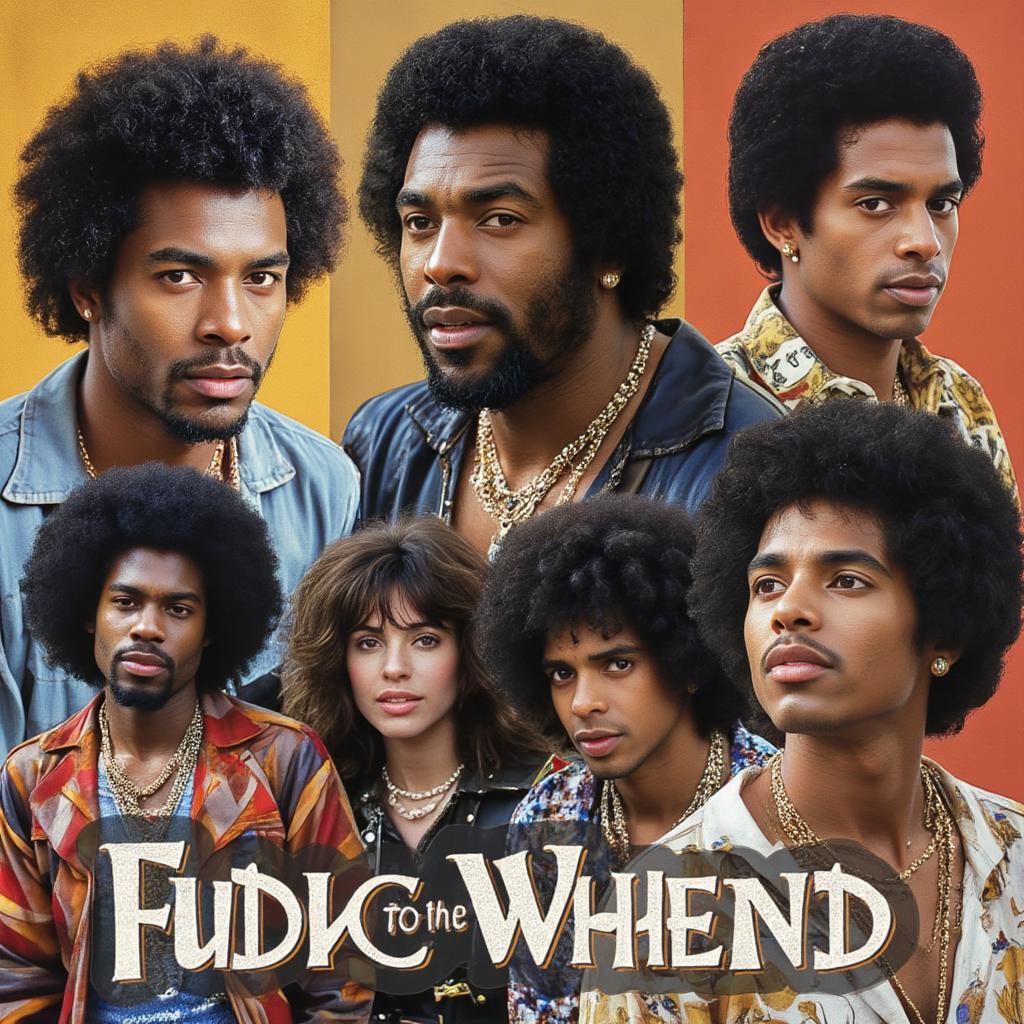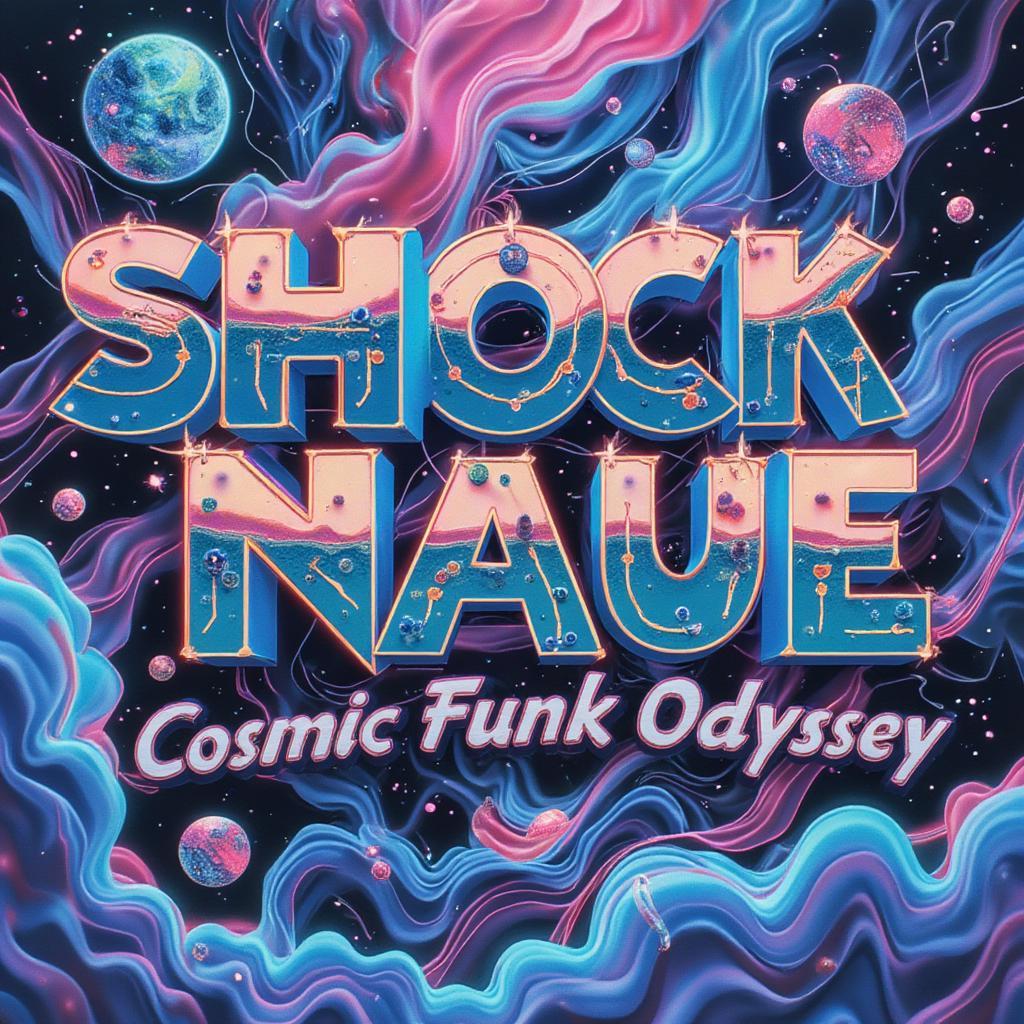The Funkiest Ax: Finding the Best Guitar for Funk Rhythms
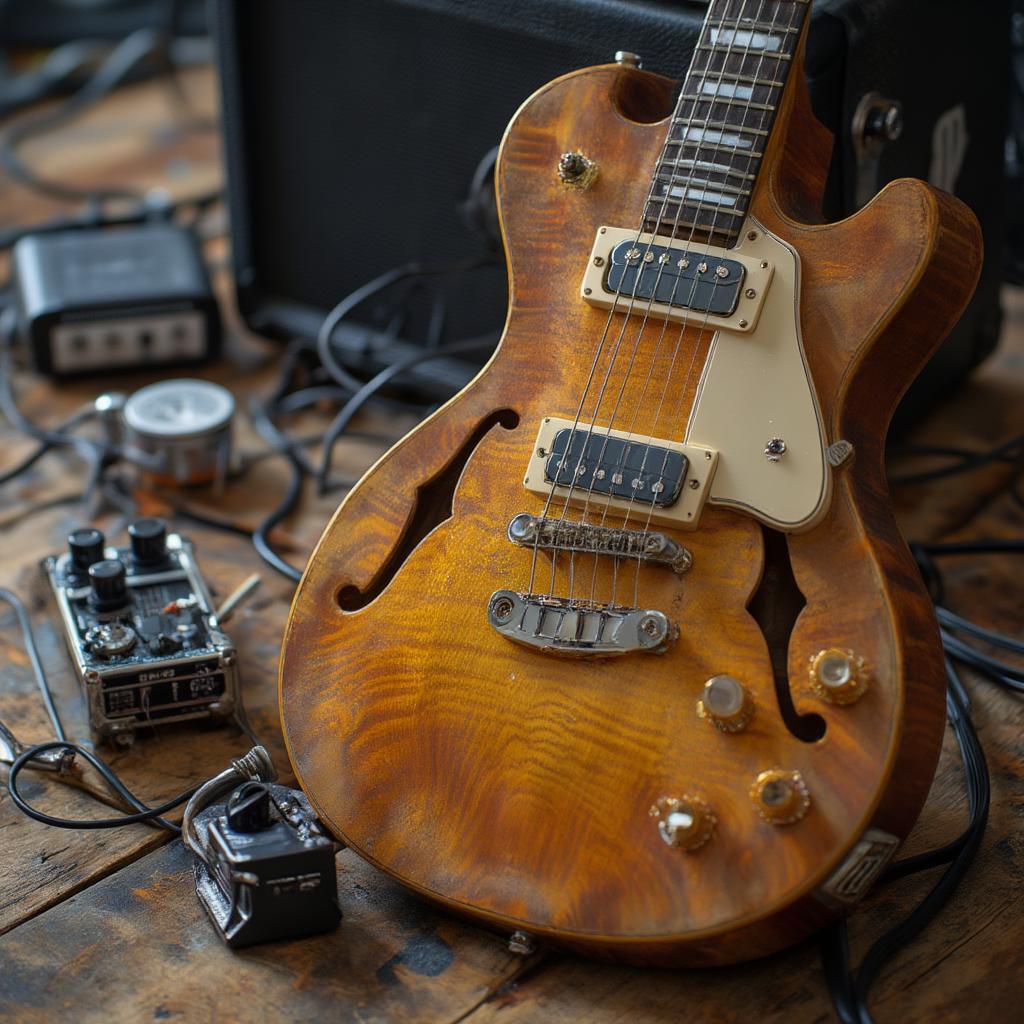
Alright, cats and kittens, Uncle Shock is back from the future, and you know what that means? It’s time to get funky! You wanna lay down some serious grooves, you need the right weapon. That’s why we’re diving deep into the swirling vortex of tone, wood, and pure sonic mojo to find the Best Guitar For Funk. It’s not just about any old six-string, it’s about finding the instrument that’ll make your soul sing and your audience move.
Now, let’s be clear: funk isn’t just a genre, it’s a feeling. It’s the heartbeat of the universe, a pulsating rhythm that grabs you by the soul and shakes your body until you’re dripping in sweat and pure joy. And your guitar? It’s gotta be the extension of that feeling. So, buckle up, because we’re about to embark on a sonic journey to find the perfect axe for your funky adventures. What kind of guitar will get you that signature “chicka-chicka” sound that keeps the dance floor packed? Let’s find out!
The Sonic Landscape of Funk Guitar: What Makes it Special?
Funk guitar is like a secret language, spoken in syncopated rhythms, crisp percussive attacks, and wah-drenched solos. It’s not about wailing for minutes on end, it’s about locking into the pocket and creating a hypnotic groove that keeps the track moving. It’s the sharp rhythmic cuts, the muted strings, and the accents that are the soul of funk guitar. We’re talkin’ about that snap, that pop, that pure, unadulterated funkiness. To achieve this, certain guitar characteristics really shine. Understanding the nuances of funk guitar is crucial to finding the best guitar for funk.
Key Characteristics of a Funk Guitar
So, what elements should you look for in a funk-ready axe? Well, we’re not chasing sustain here. We need articulate notes that cut through the mix, and this means having some snap. Think of it as a percussion instrument, a rhythmic machine that adds a certain kind of sparkle to the music. Here’s a breakdown:
- Bright Tones: Funk thrives on clarity, so guitars with a naturally bright sound work best. We’re talkin’ single-coils over humbuckers, folks! They’ve got the bite and clarity for those crisp, staccato lines. Think about it: You want those notes to hit you like a splash of cold water, not a warm bath.
- Responsiveness: The best funk guitar needs to be responsive to your touch. You need to be able to go from a whisper to a scream with a flick of the wrist. The guitar has to react to your playing.
- Light to Medium Weight: Long funk jams are gonna require the most of you. Having a heavy guitar on you the whole night is not gonna do you any favors.

“The beauty of funk guitar lies in the groove, not just the notes. You need a guitar that responds to your touch, allowing you to create those percussive rhythms that are the heartbeat of the genre,” says legendary guitarist, Dr. Feelgood Jones.
Top Contenders for Your Funk-Filled Journey
Now, let’s get down to the nitty-gritty. Which guitars are the real MVPs when it comes to crafting that funky sound? There are a few standouts that have earned their place in the pantheon of funk guitar gods. Let’s break ’em down:
The Classic Fender Stratocaster
The Fender Stratocaster is a cornerstone of funk history. It’s the sound of countless iconic funk tracks. Its single-coil pickups offer that bright, clear, and articulate tone that’s essential for those crisp, percussive rhythms. And, its lightweight design means you can play all night without breaking your back. A lot of the greatest funk players used Stratocasters. It’s versatile, reliable, and, honestly, just plain funky. When you plug a Strat into a clean amp with a bit of bite, you’re already half way there.
The Fender Telecaster
Don’t sleep on the Telecaster for funk either! It’s another Fender legend that brings a snappy, twangy tone with plenty of articulation. The Tele’s bridge pickup can deliver that sharp, cutting sound, and it can handle some gain without getting muddy. The neck pickup can be used for a more rounded sound. Think of it as a great option for rhythm and even some funk solos. The best guitar for funk is the one that makes you feel it when you play.
The Gibson ES-335 (and Similar Semi-Hollow Bodies)
Okay, hold up! While semi-hollow guitars aren’t the first thing that comes to mind when discussing funk, they offer a unique kind of resonant tone that can actually work beautifully in a funky setting. They’ve got warmth, but still retain clarity, and have amazing sustain if you’re looking for some long funk jams. While some might say humbuckers aren’t optimal, some vintage-style models with moderate output work wonders for funk. Plus, they look slick.
Beyond the Guitar: Shaping Your Tone
Listen, a great guitar is just the starting point. Tone is an ecosystem, and you’re the architect. A key part of the funk guitar sound is your amp, your pedals, and, most importantly, your fingers. So, let’s look at some of the factors that help shape that sound.
The Clean Amp is Key
For funk, a clean and transparent amp is your best friend. You don’t want something that’s going to distort or color your sound too much. Think about Fender tube amps, or similar clean amps that’ll give you some headroom. The less your amp is working to create your tone, the better it is for funk.
Essential Pedals for Funk
- Wah-Wah Pedal: This is the soul of funk guitar! It’s all about the expression, and the wah-wah pedal delivers. It’s the sound of funk. If you don’t have one, you aren’t playing funk, you are just playing notes on a guitar.
- Compressor: Funk is a rhythm-based genre. A compressor will even out your playing and get you that consistent attack. It brings out the nuances of your picking hand and can make all the difference in a funk rhythm.
- Phaser/Flanger: These modulation effects can add some subtle movement and texture to your tone. They give that classic funk sound and should be considered essential.
“It’s not just about the gear, it’s how you use it. Feel the rhythm, make it your own, and let that funk flow through you,” advises funk producer, Betty “Groove” Davis.
The Art of the Funk Guitar Technique
Okay, so you’ve got the gear. Now what? Well, you need the chops! The techniques that are the most used in funk are:
- The “Chicka-Chicka” Rhythms: This is a fundamental technique where you mute the strings with your fretting hand while strumming with your picking hand. It creates a percussive, rhythmic sound that’s the foundation of funk guitar.
- Single-Note Lines: Funk isn’t all about chords. Single-note lines, especially with syncopation, are a key ingredient in funk.
- Muted Strums: Using your strumming hand to mute the strings, you can create a variety of percussive effects. These percussive effects are what can add dynamics to your funk groove.
Finding Your Perfect Funk Guitar
The best guitar for funk isn’t always the most expensive, or the most popular. It’s the guitar that feels right in your hands, that inspires you to play, and that helps you unlock your inner funk master. Don’t be afraid to experiment with different guitars, pickups, and pedals. It’s about crafting your unique voice in the funky universe. Ultimately, the best guitar for you is the one that you can create the best funk with. Don’t get too stuck in the technical details, just follow the music. And remember, it’s not just about playing the notes, it’s about feeling the groove. Check out some artists like reverend barry and the funk for inspiration.
Whether you’re into the bright twang of a Telecaster or the crisp snap of a Strat, the key is that the guitar sings to you. Maybe even dabble with semi-hollow bodies or experiment with funk house music.
It’s all about finding your groove and expressing that inner funk. And there are plenty of resources out there for that such as funk music youtube, that will help you improve.

Conclusion: Unleash Your Funk Potential
Finding the best guitar for funk is a personal journey, a quest to discover the instrument that resonates with your soul. It’s about finding the right blend of tone, feel, and inspiration. It’s about getting into that flow state and riding the groove. Whether it’s a classic Strat, a twangy Tele, or a unique semi-hollow, the key is to find the axe that fuels your funky fire. And with the right guitar, a solid understanding of technique, and a little bit of soul, you’ll be grooving like the funkiest cat in town. Explore other funky genres like disco funk music to see how different types of guitars are used.
Ultimately, the world of funk is vast and ever-evolving. Don’t get caught up in what others think is the best. Listen to your own heart and let the funk flow. So, get out there, experiment, and most importantly, let the rhythm move you. And if you’re looking for inspiration or the sound of the future, you can also check out the funky tribu.
FAQ: Getting Down to the Funky Facts
Q1: What kind of pickups are best for funk guitar?
A1: Single-coil pickups are generally favored for funk due to their bright, clear, and articulate tone. They provide that crisp attack that’s essential for those percussive funk rhythms. However, certain humbuckers with a moderate output can also work well if you’re looking for a warmer, more rounded sound.
Q2: Is a whammy bar important for funk guitar?
A2: A whammy bar, while not essential, can add a bit of flair to your funk playing. Subtle dives and bends can contribute to the overall feel. However, it is not a must-have for funk.
Q3: Do I need a lot of effects pedals for funk?
A3: While a wah-wah pedal is arguably essential for funk, other pedals like compressors, phasers, and flangers can add flavor to your sound. However, you don’t need a huge pedalboard to play funk. A clean amp and your fingers can take you a long way.
Q4: Can I play funk on an acoustic guitar?
A4: Absolutely! While electric guitars are most common, acoustic guitars can be used for a different type of funk vibe. Focus on playing percussive rhythms and using techniques like muted strums to capture the groove.
Q5: What is the most important thing about funk guitar?
A5: The most important element is the rhythm. It is crucial to lock into the groove and make sure the rhythm is consistent, expressive and powerful.
Q6: How do I learn to play funk guitar?
A6: Start by learning the fundamental rhythms and techniques. Listen to iconic funk songs, practice consistently, and most importantly, get in the groove. Learning a genre is all about diving deep into it.
Q7: Are expensive guitars better for funk?
A7: Not necessarily. While high-end instruments might offer better components and craftsmanship, a quality budget guitar can be a fantastic foundation for funk. It’s about finding the guitar that plays and feels best for you, regardless of price.

